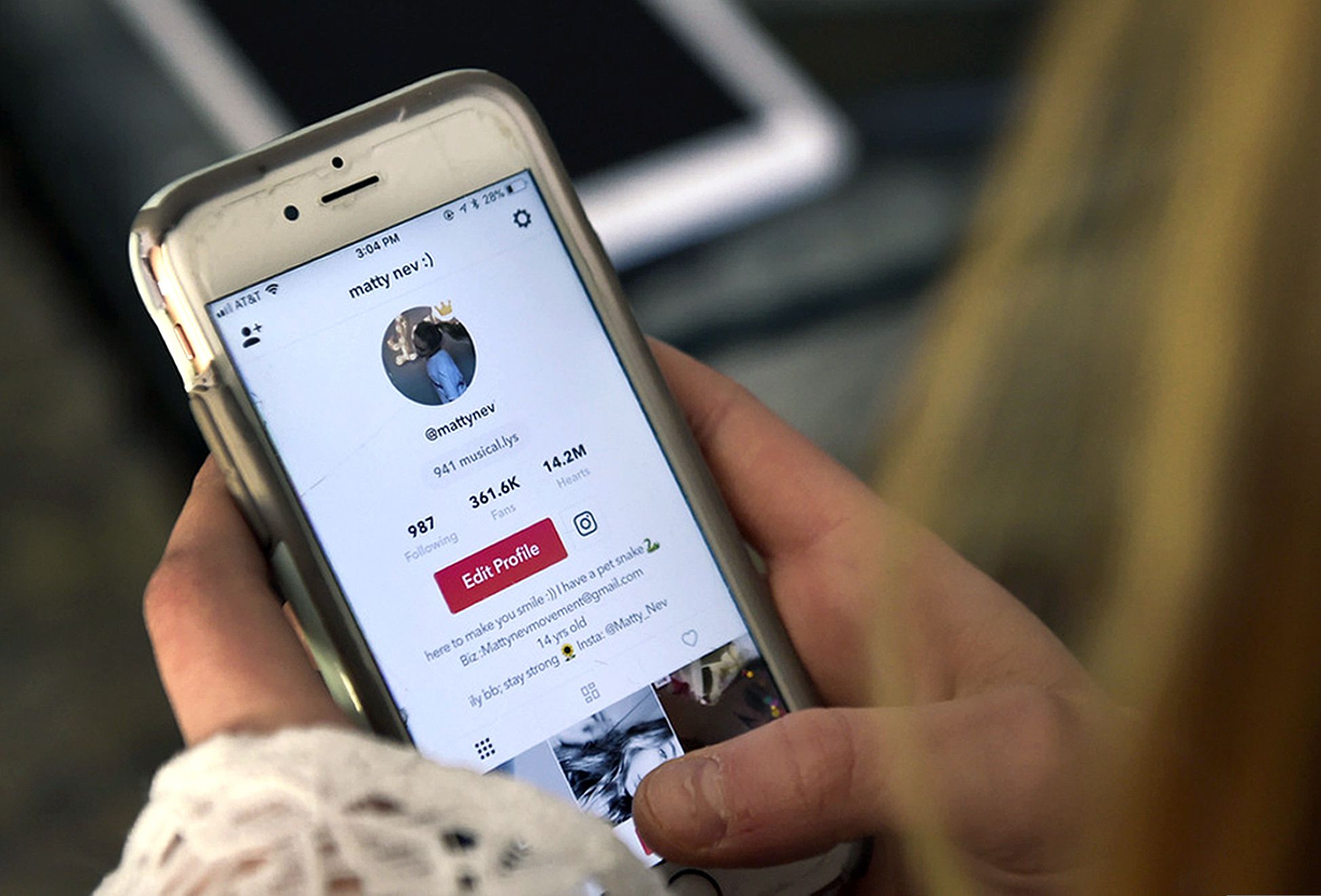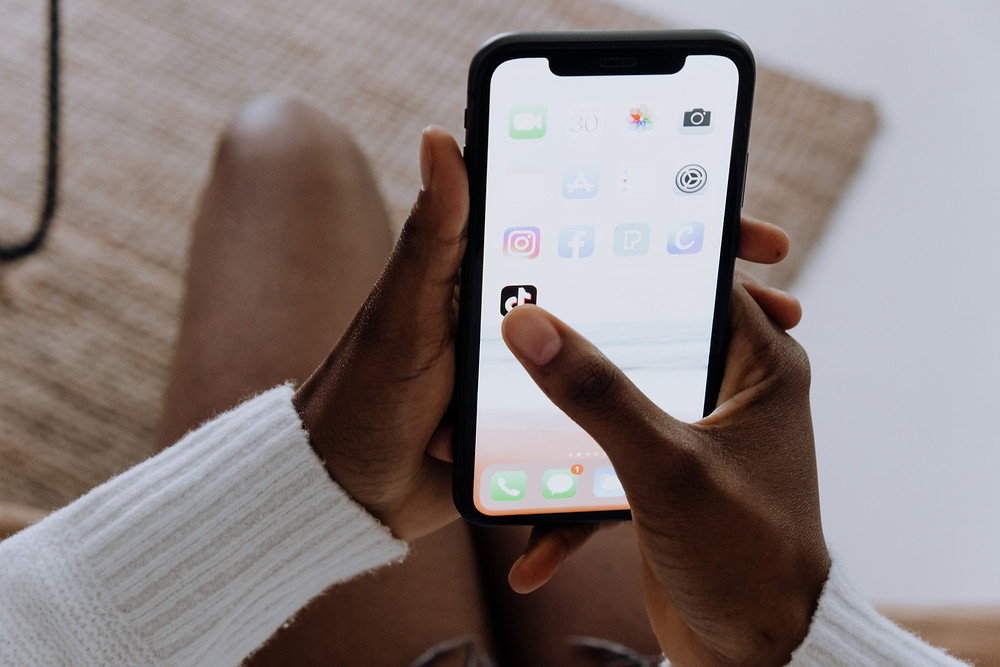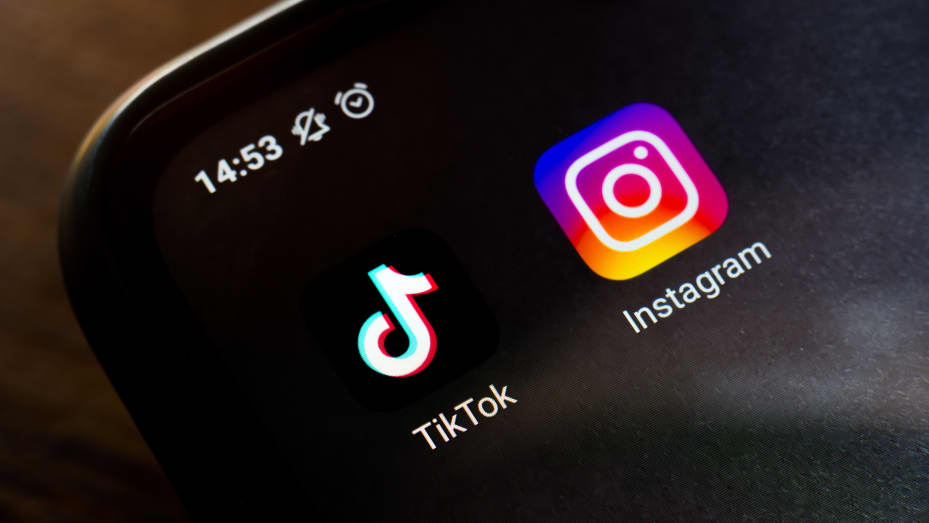There’s really no way around it, TikTok has taken over the social media scene and it isn’t likely to change anytime soon. While it is a lot of fun, parents should be aware of what’s going on with their teens, especially when it comes to their mental health and how involved they are with the social media platform.

Teens Are Self Diagnosing On TikTok
There’s a new TikTok trend that involves teens sharing their personal mental health information, including diagnosis that they believe they have. While there are plenty of cases of people who are diagnosed and are sharing helpful information, there are teens who are simply guessing and even some who are just copying the stories in hopes of getting more views.
Of course, when dealing with teenagers, we have to be careful because they might not be able to fully discern between real medical diagnosis or those going through teen trials.
According to the Wall Street Journal, there are specific TikTok hashtags dedicated to mental illnesses like multiple-personality disorder and borderline-personality disorder. These disorders are quite rare and a lot of the teens who are self-diagnosing do not have these disorders, but they are being convinced that they do.
Of course, TikTok has also been linked to an increase in disordered eating, much like other social media platforms like social media. There have also been cases of TikTok-related cases of Tourette syndrome-like outbursts, which is in part because of content creators sharing what it is like to live with the syndrome.

It’s Important To Monitor What Your Teen Is Up To On Social Media
According to pediatric neurologist Mohammed Alsodari MD who spoke with the Cleveland Clinic: “When it comes to social media, this should be a wake-up call for us all.”
TikTok issued a statement explaining how it would become more committed to the mental health of their users, especially those who are young. The statement read:
“We care deeply about our community, and we always look for new ways in which we can nurture their well-being. That’s why we’re taking additional steps to make it easier for people to find resources when they need them on TikTok,” the statement read. “To help our community do this safely, we’ve rolled out new well-being guides to support people who choose to share their personal experiences on our platform, developed with the guidance of the International Association for Suicide Prevention, Crisis Text Line, Live For Tomorrow, Samaritans of Singapore and Samaritans (UK). The guides, which are available on our Safety Center for informational purposes only, also offer tips to help our community members responsibly engage with someone who may be struggling or in distress.”

Social Media Has A Lot Of Positives But Also Plenty Of Negatives
Still, it doesn’t change the fact that teens are very impressionable. John Fridley, a father of a teenager that “thought she had a different diagnosis every few weeks,” shared with the Wall Street Journal: “We felt for a long time that we were competing with social media. For any child with mental-health issues, to be alone in their room with their thoughts and with TikTok is a dangerous combination.”
It is important to emphasize to teens what is real and what is social media. You can try to encourage them to take a break from social media altogether and focus more of their attention on hobbies, family time, and schoolwork.
You can also help them go through their TikTok “For You” page and mark any mental health related content as “not interested” in order to have fewer recommendations of this kind. If you need any help, feel free to reach out to a licensed professional.














